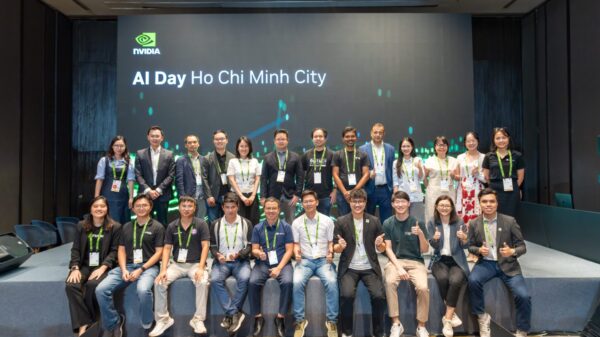Anthropic, the San Francisco-based developer of the Claude AI model, has announced it will cease providing artificial intelligence services to organizations majority-owned by Chinese entities.
This policy, effective immediately, also extends to subsidiaries operating in other countries, including Singapore. Additionally, the restriction applies to nations deemed hostile to the United States, such as Russia, Iran, and North Korea.
This move marks the first instance of a major U.S.-based AI company denying access to its technology over national security concerns. The decision aims to prevent adversarial governments from leveraging advanced AI capabilities for military or intelligence purposes. The policy encompasses direct customers and groups accessing Anthropic’s technology indirectly through third-party cloud providers like AWS or Google Cloud.
An unnamed Anthropic executive indicated that the financial impact of this policy on the company’s global revenues would be in the “low hundreds of millions of dollars.” Despite this potential loss, the executive emphasized that the move is necessary to address national security threats and to highlight the risks associated with unauthorized access to AI technologies.
Earlier this year, the release of the open-source R1 model by Chinese AI startup DeepSeek raised global concerns. Reports suggest that DeepSeek trained its model using unauthorized access to OpenAI systems. OpenAI has accused DeepSeek of illicitly using its models; however, DeepSeek has not publicly responded to these allegations.
Founded in 2021 by former OpenAI employees, Anthropic recently announced USD$13 billion in new funding. Its valuation is now USD$170 billion. The company’s decision reflects its commitment to ensuring that AI advances democratic interests and U.S. leadership in AI.
Read more: AI education becomes mandatory at Kazakhstan’s universities
Read more: Hacker weaponizes Anthropic’s AI model ‘Claude’ for cybercrime spree
Biden administration imposed sweeping export controls
As global tensions over AI technology continue to rise, Anthropic’s policy sets a precedent for other U.S.-based AI companies in balancing commercial interests with national security considerations.
The Biden administration has imposed sweeping export controls to limit China’s access to American AI technology. These measures aim to prevent Chinese firms from leveraging U.S. AI for military, intelligence, or commercial purposes. The Trump administration has implemented almost no new controls while the president seeks a meeting with China’s President Xi Jinping.
The policy targets the growing number of Chinese subsidiaries in Singapore, which mainland companies use to access U.S. technology with less scrutiny. Furthermore, groups in China must share data with their government when requested, creating a national security risk for the U.S. Additionally, the policy addresses concerns that China could appropriate American AI technology to gain a commercial edge over U.S.-based companies.
Earlier this year, Anthropic CEO Dario Amodei advocated for stronger export controls on China. In addition, Anthropic’s main rival, OpenAI, has supported similar measures to safeguard the U.S. lead in AI. Access to U.S. chatbots, including Claude, ChatGPT, Google’s Gemini, and Meta’s AI, remains banned in China. However, users often bypass restrictions using virtual private networks, violating platform terms of service.
.
joseph@mugglehead.com












